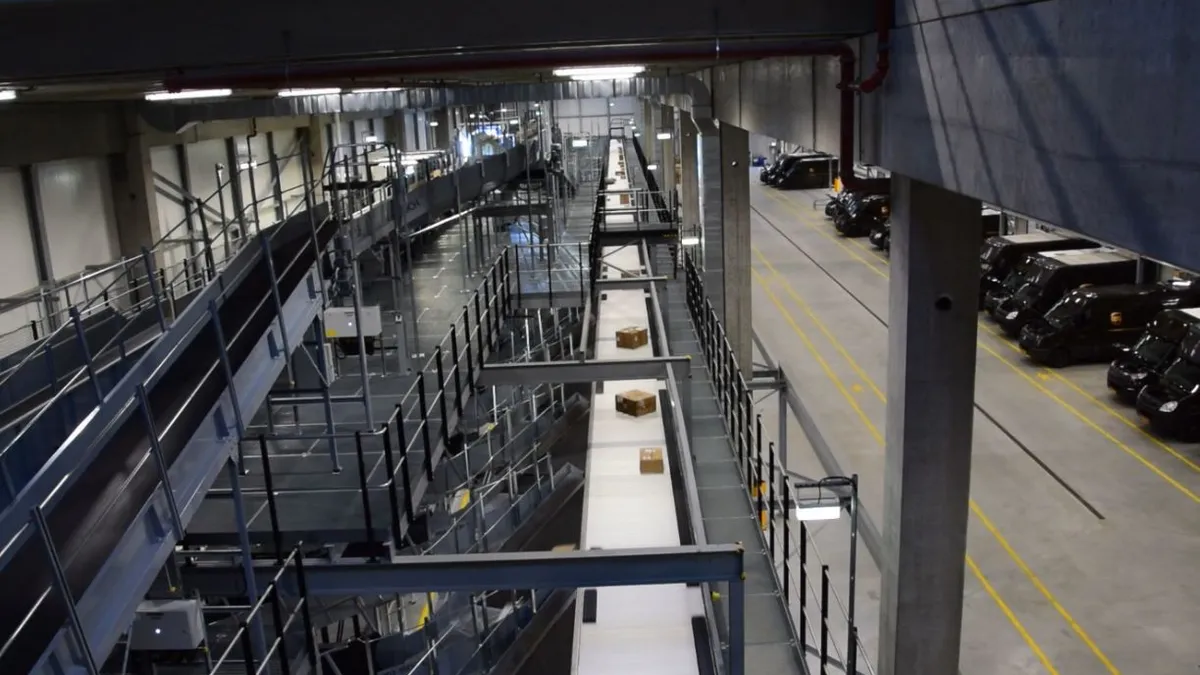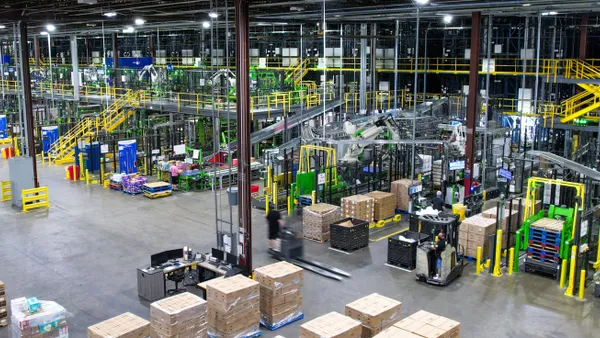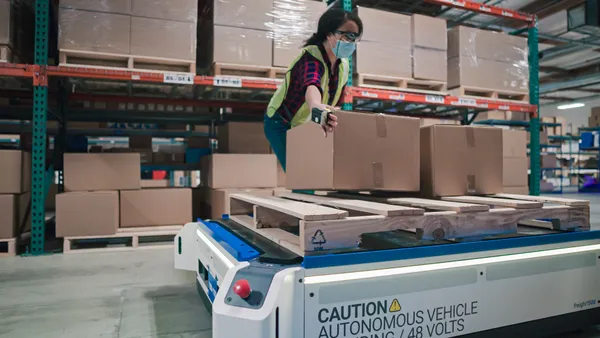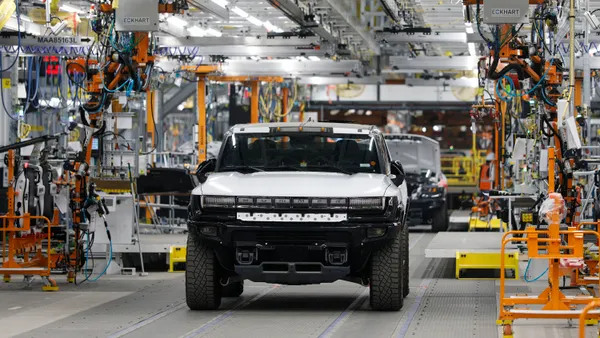Dive Brief:
- Inventory management is a top technical skill according to 58% of supply chain professionals, the most of any technical skill in a survey of 2,467 U.S supply chain professionals by the Association for Supply Chain Management (ASCM). It was followed by best practice knowledge (46%) and project management (46%).
- "Having an effective inventory management, it really is at the core of supply chain and that is making sure that you've got the right product at the right price with the right consumer at the right place," ASCM CEO Abe Eshkenazi told Supply Chain Dive in an interview.
- Respondents answered the survey in late January before the coronavirus pandemic had taken its toll on many U.S. supply chains. But Eshkenazi expects the health crisis to result in a greater focus on agility and resiliency at the industry-level within the supply chain community.

Dive Insight:
A greater focus on inventory management has not only shown up in the skills the industry prioritizes but the tools in which it invests. The most recent MHI Industry Report found 40% of supply chain professionals say their organizations are currently using inventory and network optimization tools in their operations and 34% expect to do so within the next two years.
Inventory management helps companies meet consumer demand with an appropriate level of supply, Eshkenazi said. Reaching the right level requires the proper management of production.
Practitioners working in inventory management have to understand sustainability, ethical sourcing, project management and a variety of other skills. Many modern supply chain positions will require employees handling inventory management are able to ensure products are being developed in a sustainable fashion and the company is sourcing raw materials in an appropriate manner, Eshkenazi said.
Amazon and other large retailers have developed sophisticated algorithms to help them determine where to put inventory. Nike even acquired a company, Celect, to help improve its inventory management.
The technical skills like inventory management and risk management, though, are becoming the foundational skills and "the price of entry" for a career in supply chain, Eshkenazi said. "What organizations are looking for are the leadership skills on top of the technical skills," he said.
The communication, collaboration and critical thinking expertise that ASCM considers leadership skills are critical due to the "highly integrated" nature of modern supply chains, Eshkenazi said.
"Supply chain professionals need to collaborate and need to coordinate their activities across the enterprise and also outside the enterprise," he said. "And that includes your vendors, or your vendor's vendor to make sure that you understand and have visibility into the extended supply chain."
This story was first published in our weekly newsletter, Supply Chain Dive: Operations. Sign up here.














